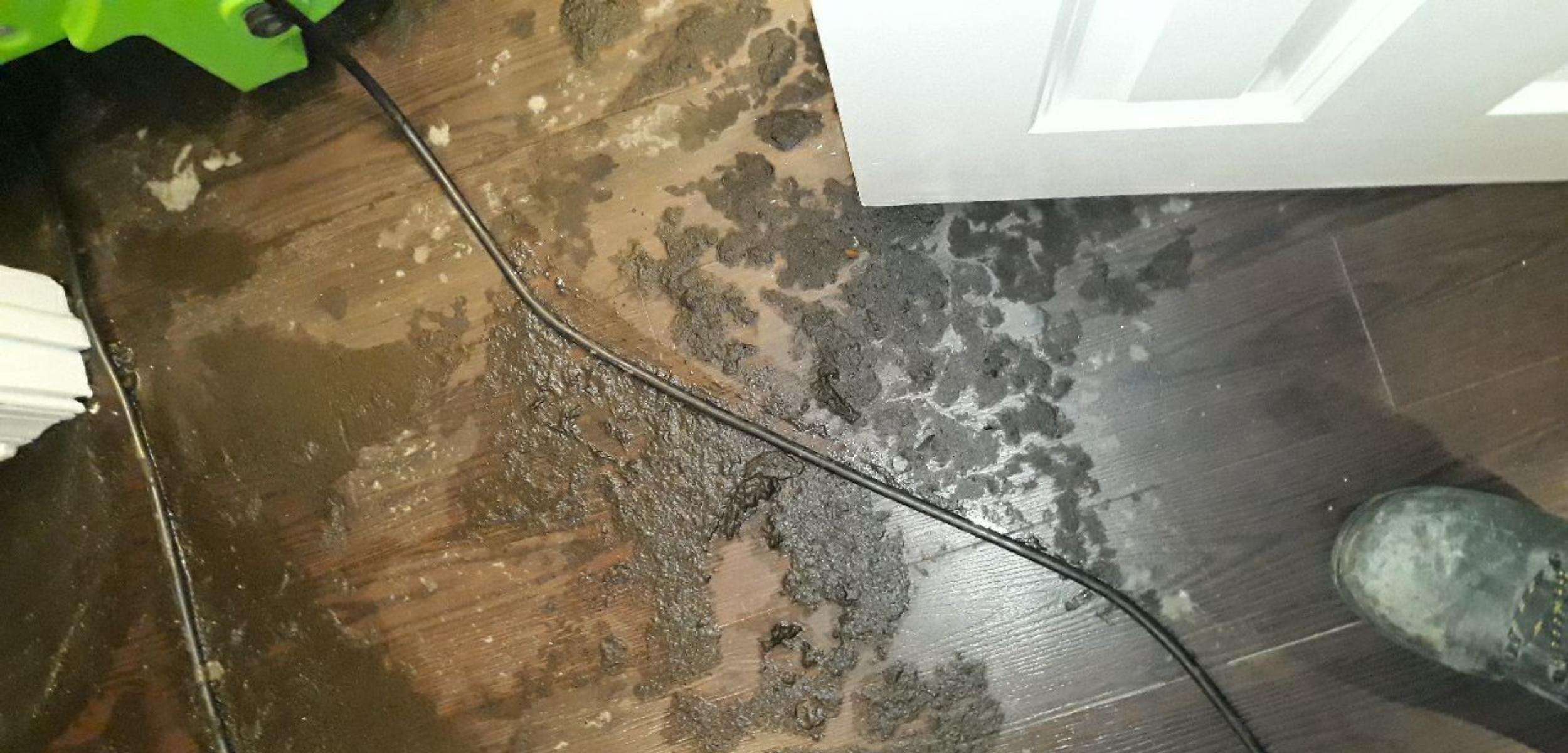Sewer line insurance is probably something you have not considered. Yet, a sewer backup may occur during your homeownership lifetime, and nothing can prepare you mentally for it.
Nothing is more devastating, disgusting, and dangerous than overflowing sewage from your toilet.
Imagine that you wake up one morning and discover standing raw sewage spread all over your room – Your floors, walls, and furniture are all impacted by it. Clearly, there are better ways to start your day.
Plumbing aside, your room will need more than a standard cleaning and a few wipes; you will need to call a restoration company to handle that type of biohazard and clean and restore your property.
But, make no mistake; you will have to pay out of pocket without the proper insurance endorsement for cleaning and repairing the damages. Hence, it is good to check if you have sewer line insurance and what your policy says before it is too late and clearly understand what it covers.
Why Do You Need Sewer Line Insurance?
A sewer backup can happen at any time. But, after all, what are the odds that a sewer backup will occur in your home?
The reality is that you never know.
It happens when wastewater or sewage cannot flow away from the drain or sewer line because something obstructs it forcing wastewater to come into your home from the drain, toilet, or bathtub.
Many things can cause a sewer backup:
- An object or matter obstructs your pipes or sewer line.
- Tree branches grow and pierce or bend your sewer line.
- Your sewer line collapsed.
- The city line is backing up to your property’s sewer line.
Based on the above, we can identify two categories of sewer backups:
- A temporary blockage caused a sewer backup.
- A problem of line structural integrity.
The difference is essential, especially if you plan to interact with your insurance. Therefore, it’s important to call out the experts to inspect the damaged property to determine what kind of sewage problem you may have. If you open a claim with your insurance and report a loss incorrectly, you risk having your claim denied.
The best advice is to involve professionals in case of sewer backup and perform checkups of the sewer line periodically. Contact a master plumber or sewage company and ask them to use a camera or perform a preventative cleaning of the sewer line.
Another great piece of advice is to check your insurance policy and understand what the policy covers.
Do You Have a Sewer Line Endorsement?
Sewer line endorsements can help you immensely with additional financial compensation that is not usually part of standard insurance policies.
Like for millions of families, your standard home insurance policy covers sudden and unexpected typical water damage. Usually, these are related to leaking pipes, faucets, or pipe bursts, but not your sewer line.
The sewer system is never included in the insurance policy except as an add-on. In this case, sewer backup insurance is an add-on and tiered into different levels of coverage, and, most of the time, the lowest offers are insufficient to cover all costs involved. In that case, any cleaning or restoration work performed will be paid out of pocket.
As a point of reference, an average sewer backup cleaning and restoration job can vary between $3,000 to $6,000, depending on the extent of the loss. That average price bracket would only cover the cleaning and restoration, not the plumbing work.
Sewer line endorsements are usually not cheap coverage to add, but they can be helpful. Remember that a sewer loss can cost from a few thousand dollars to tens of thousands depending upon the extent of the issue.
Also, insurances will not cover a sewer loss if the city sewer system is at fault, even if you have sewer line insurance. Hence, you will need to approach the city in case of problems. Again, try understanding what’s happening before opening a claim with the insurance.
Is Sewer Backup Considered as Flooding?
A sewer line policy and a flood policy are two different things. Like a sewer line policy, flood insurance is not a standard in most insurance policies.
So, if your basement is flooded by sewage, do not assume that your flooding policy will kick in if the origin of the problem comes from your septic system.
The same principle applies to floods. In the event of flood damage not related to your sewer system, your sewer line insurance policy will not cover the loss.
In other words, what you call a “flooded basement by sewage” may or may not be considered “flooded” per se by the insurance company. Everything depends upon how the water damage occurs in your home. Also, your insurer will check if the sewer line and the sump pump have been checked and properly maintained.
A flood occurs when water saturates the ground, and usually, that excess water seeps through the weakest parts of your home. In other words, rising waters are considered a “flood,” but wastewater flowing back into your home from the sewer line and pipes is not considered a “flood.”
What to Do to Prevent Sewer Backups?
Awareness, preparation, and maintenance are the principles you should apply to prevent sewer backup damage. You can take a few steps to reduce potential occurrences and ensure you are ready.
- Know what is in your insurance policy and what is covered and not. Contact your insurance agent, and do not hesitate to ask difficult questions before it’s too late.
- As always, the essential thing with insurance policies is understanding what is covered and what is not. If you need help, the best advice is to contact a public adjuster like our sister company to help clarify and understand your insurance policy.
- Do not flush oils, grease, food, or non-degradable items like flushable wipes or femcare products in your toilets.
- Have your sewer checked by a master plumber periodically to ensure any clog or problem is taken care of before things get worse.
- Have your septic tank emptied.
- Install a backwater prevention valve by a master plumber to prevent sewage backflows.
- Maintain your sump pump periodically and make sure that the sump pump runs on auxiliary batteries in the event of a blackout.
Your Takeaways
A sewage overflow is a dangerous event that needs to be dealt with immediately with knowledge and expertise. Standard cleaning will not cut it because sewage water generates air-borne contaminants along with contaminated matter that contains fecal matter. Be ready for your next unexpected sewer backup, and check with your insurance what your policy covers.
Do not hesitate to seek the help of other professionals like master plumbers, public adjusters, and restoration companies. These professionals are a source of knowledge and can help you navigate the most difficult situations and prepare for the worst-case scenario.



